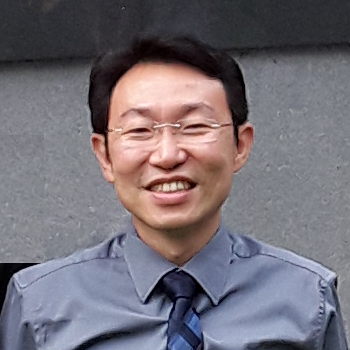A management university is one of the best places to study computing. At its essence, computing is about problem-solving in an effective and scalable way. All problems exist in a context, be it within business or society. A holistic perspective of the value of computing, essentially the ‘why’, is as important as learning the ‘how’, if we are to develop well-rounded professionals who can be just as effective at a workstation as in a boardroom.
It’s all about growth. SMU itself is a growing place. I’m growing with it. It lets me help others grow.
My “teaching experience” is nearly synonymous with “Computational Thinking”. Colloquially referred to as CT, it’s a course I have been teaching for as long as I have been at SMU (8 years now). Thinking in a logical manner to solve computational challenges in a scalable manner should be part of everyone’s problem-solving toolbox. It is especially fulfilling that students from every school of SMU has been represented in one of our CT classes over the years. This year, I have also taken on teaching “Machine Learning” at the graduate level (PhD). This is another broadly applicable skill, given how encompassing the effects of automation and data science are to various aspects of work and life. Graduate-level teaching is also enriching as it affords us many learning experiences from students who will be the future researchers. It is also particularly close to my research areas of data mining and machine learning. The research group that I lead is called Preferred.AI. We focus on preference learning and recommender systems. You may have seen some of our activities around campus, such as our recent TechFest.
SMU students talk the talk, walk the walk, and importantly walk the talk. They understand the value of communicating well and delivering on it. Many times, in some CT class projects or research problems, we face open-ended problems with no clear-cut answers. Some may freeze in the face of uncertainty or ambiguity. SMU students always find a way to start and of course to finish.
For affordable eats, I’d vote for the food centres at Waterloo Street and Bras Basah Complex. For slightly more, the nearby Strand Hotel provides good-value set lunches and they do Malay dishes particularly well. A well-kept secret is the Asanoya Boulangerie on Queen Street, where I go when I need to find my zen.



